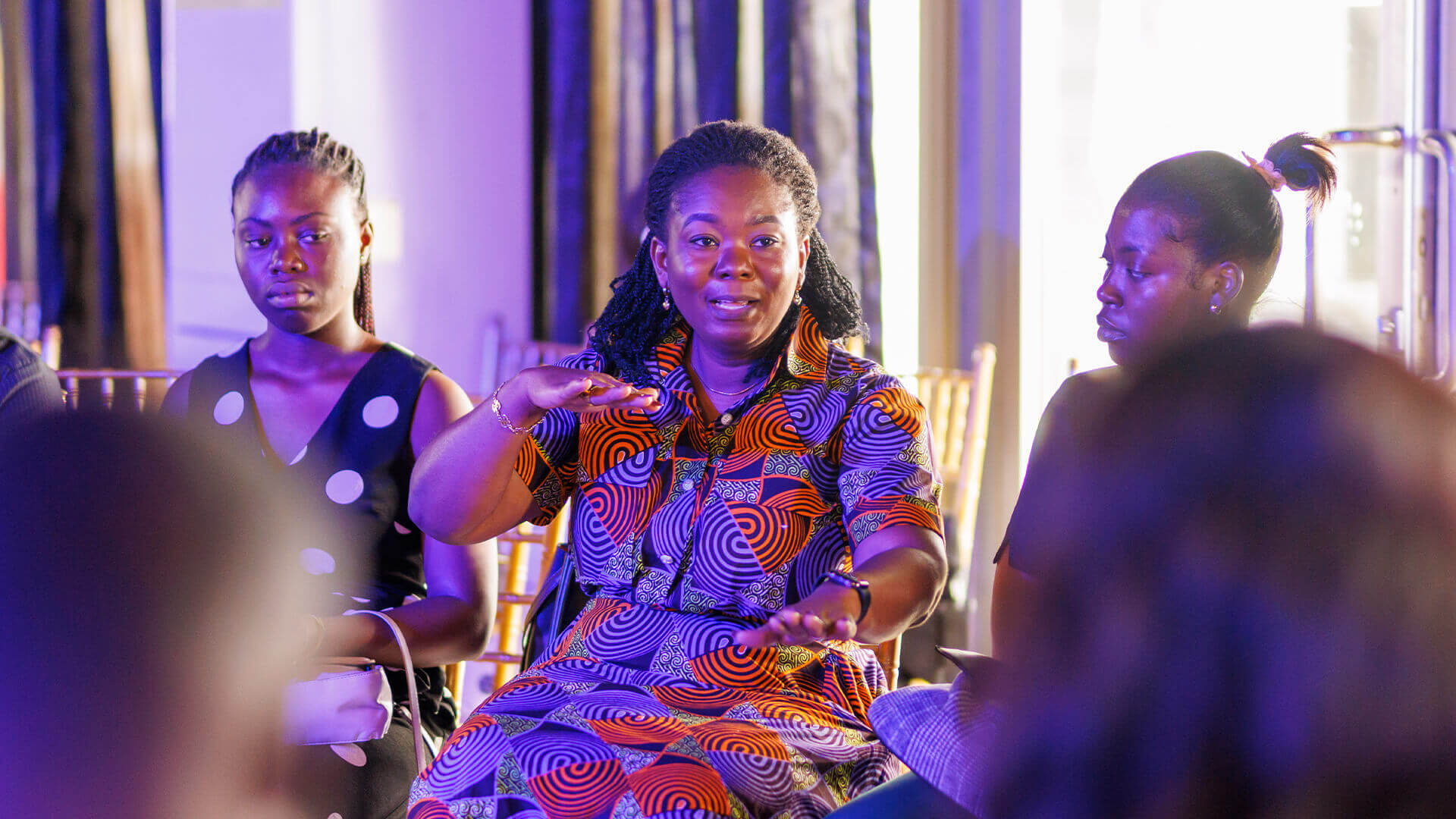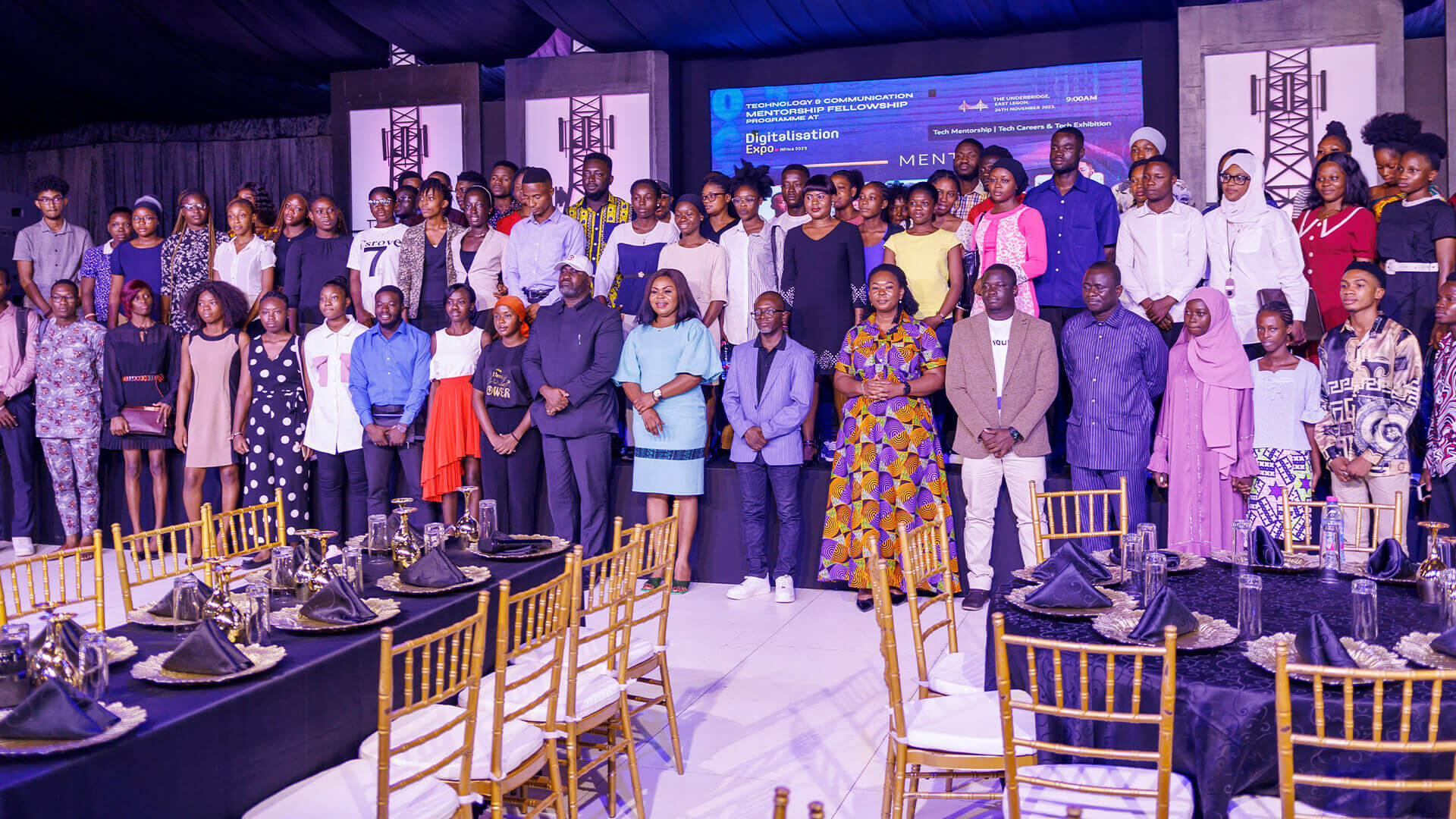
 Are You Operating from a Place of Abundance or Scarcity?
Are You Operating from a Place of Abundance or Scarcity?
As August draws to a close and we usher in September—the last month of the third quarter—many businesses begin the critical task of planning and budgeting for the coming year. This period often brings a whirlwind of meetings, presentations, and strategy sessions. It’s a time when ideas are scrutinized, budgets are debated, and visions for the future are both challenged and championed. Reflecting on this dynamic, I’m reminded of an experience from several years ago. I had just finished passionately pitching a new business case and plan when a colleague approached me, visibly concerned. “You did well,” they said, “but I’m not sure I could handle so many questions or let others poke holes in my ideas.” To them, those who questioned my proposals were adversaries to be wary of.
I remember feeling surprised by this perspective. For me, the barrage of questions was a sign of interest—a healthy engagement from colleagues who were genuinely invested in ensuring the best outcome for the business. I saw their scrutiny not as opposition but as a valuable part of the process. To my mind, the meeting had gone well, and the approval of my plan was simply the result of a collective commitment to the business’s success.
Recently, a conversation with a business owner looking to expand into other African countries brought this memory back to the forefront. In his expansion plan, he had meticulously identified a set of competitors, as most business planning frameworks recommend. However, I saw potential not just in recognizing these competitors, but in exploring partnerships with them—turning perceived rivals into allies.
In the fast-paced and ever-evolving world of business, your mindset can significantly influence your approach to challenges and opportunities. Are you operating from a place of abundance or scarcity? This question goes beyond mere strategy—it speaks to the core of how you view the world, make decisions, and interact with others. Your mindset can shape the trajectory of your career and the success of your business.
The Scarcity Mindset: Competition, Fear, and Limitation
Operating from a place of scarcity often leads to a mindset dominated by competition, fear, and a sense of inadequacy. This perspective is rooted in the belief that resources, opportunities, and success are finite. It’s a zero-sum game where one person’s gain is another’s loss. When we adopt a scarcity mindset, our decisions are often driven by a need to protect what we have rather than seeking new possibilities. We become defensive, guarding our ideas jealously, and perceiving every challenge as a threat.
This mindset can stifle creativity and innovation. It limits your ability to see beyond the immediate, to imagine alternative solutions, or to collaborate effectively with others. It can also breed an environment of mistrust and competition, where colleagues are seen as rivals rather than partners in success.
The Abundance Mindset: Collaboration, Innovation, and Opportunity
Conversely, operating from a place of abundance means approaching the world with a mindset of collaboration, innovation, and limitless possibilities. An abundance mindset is characterized by the belief that opportunities are not limited; success is not finite, and there is enough to go around. This outlook encourages open-mindedness, generosity, and a willingness to share knowledge and resources.
Adopting an abundance mindset transforms how you view challenges and setbacks. Instead of being obstacles, they become opportunities for growth and learning. Instead of seeing questions and critiques as attacks, you see them as opportunities for refinement and improvement. You become more open to feedback, more willing to collaborate, and more capable of navigating the complexities of the business landscape.
Lessons from Business Literature
Popular business literature has long underscored the importance of mindset in achieving success. In “Mindset: The New Psychology of Success,” Carol S. Dweck introduces the concept of a growth mindset, which aligns closely with the abundance mentality. A growth mindset embraces challenges, perseveres in the face of setbacks, and sees effort as a path to mastery. It’s about believing that abilities can be developed through hard work, good strategies, and input from others.
Similarly, Stephen R. Covey’s “The 7 Habits of Highly Effective People” highlights the principle of “Think Win-Win,” which is at the heart of an abundance mindset. Covey argues that effective leaders operate from a place of mutual benefit, seeking solutions and strategies that are advantageous for all parties involved. This habit encourages leaders to build relationships based on trust and collaboration, rather than competition and fear.
Real-World Applications: Abundance in Action
Real-life business examples further illustrate the power of an abundance mindset. Consider the rise of digital payment systems in the banking industry. Traditionally, banks have viewed each other as fierce competitors. However, with the advent of fintech, many banks chose to partner with these emerging companies rather than seeing them as threats. This collaborative approach led to innovative solutions like mobile banking, peer-to-peer payments, and integrated financial services that have transformed the industry. The result? New markets were created, customer satisfaction soared, and all parties involved benefited.
Returning to the business owner expanding into Africa, his initial instinct was to out-manoeuvre his competitors. But by considering partnerships instead, he opened the door to shared resources, local insights, and a network of support that could accelerate his business growth far beyond what he might achieve alone. This shift from a competitive to a collaborative mindset exemplifies operating from a place of abundance.
The Choice is Yours
The choice between abundance and scarcity is not just a business decision—it’s a life philosophy. It’s about how you choose to see the world, engage with others, and pursue your goals. Are you operating from a place of abundance or scarcity? Are you building bridges or walls? Are you creating opportunities or hoarding them?
By embracing an abundance mindset, you set yourself up for a richer, more fulfilling career and life. You’ll find that doors open more easily, relationships deepen, and the potential for innovation expands. Scarcity breeds competition, but abundance fosters collaboration. Scarcity sees limitations, but abundance sees possibilities.
As you navigate the challenges of planning and budgeting for the coming year, take a moment to reflect on your mindset. Are you approaching your work from a place of fear and limitation, or are you open to the boundless opportunities that collaboration and innovation can bring? Remember, the world is full of opportunities for those who are willing to seek them out, share with others, and approach each challenge with a mindset of abundance.
Cheers to ending Q3 2024 well.







